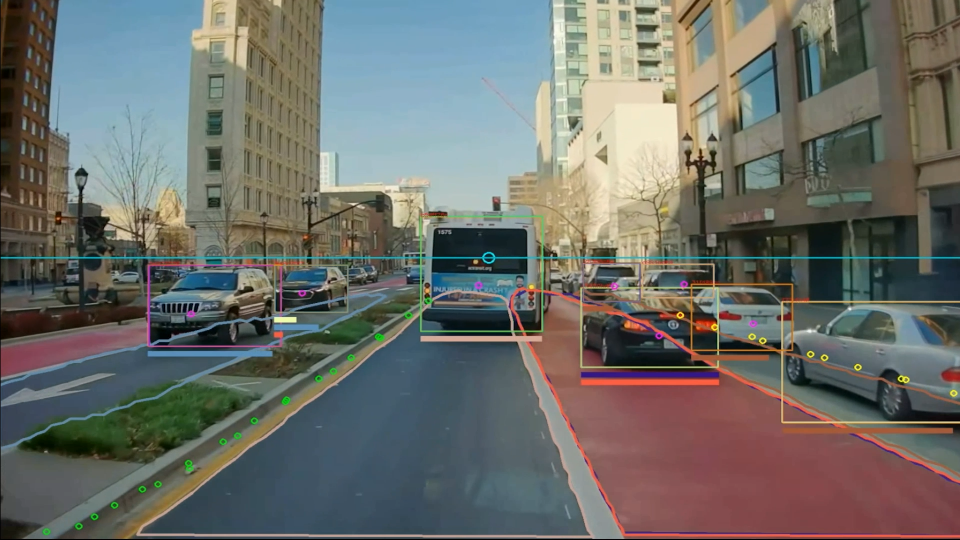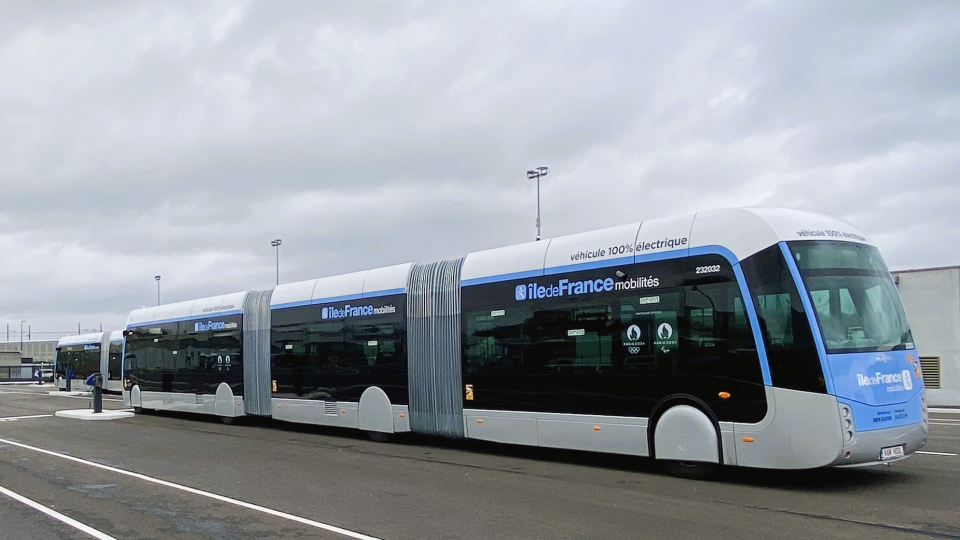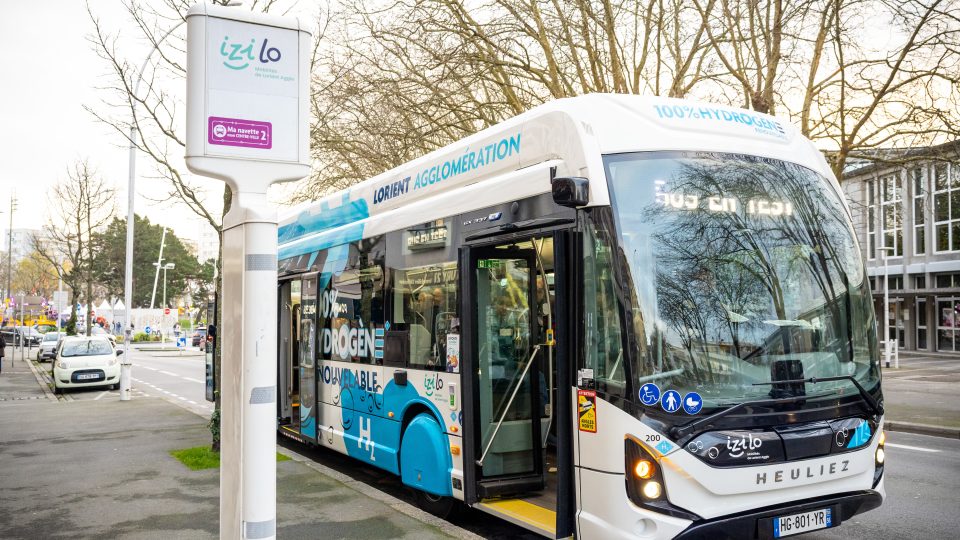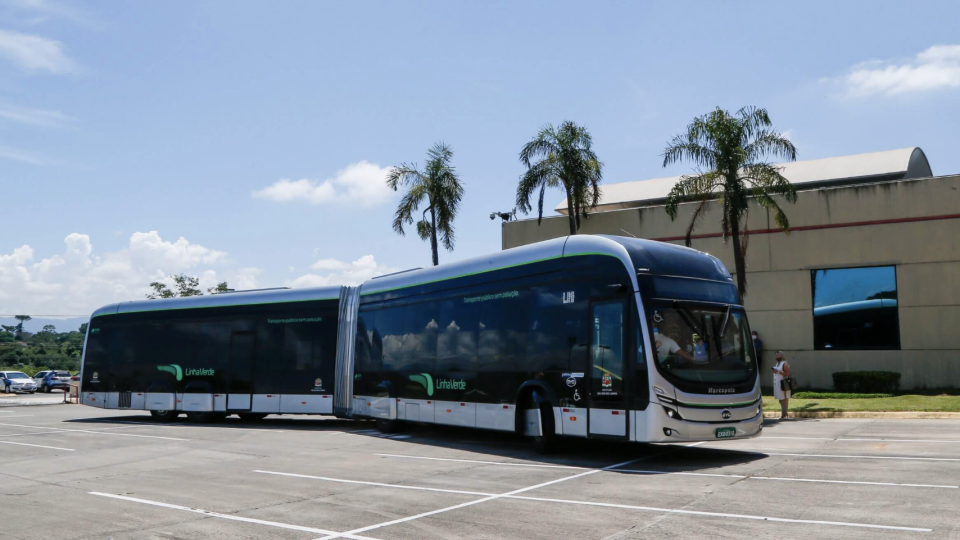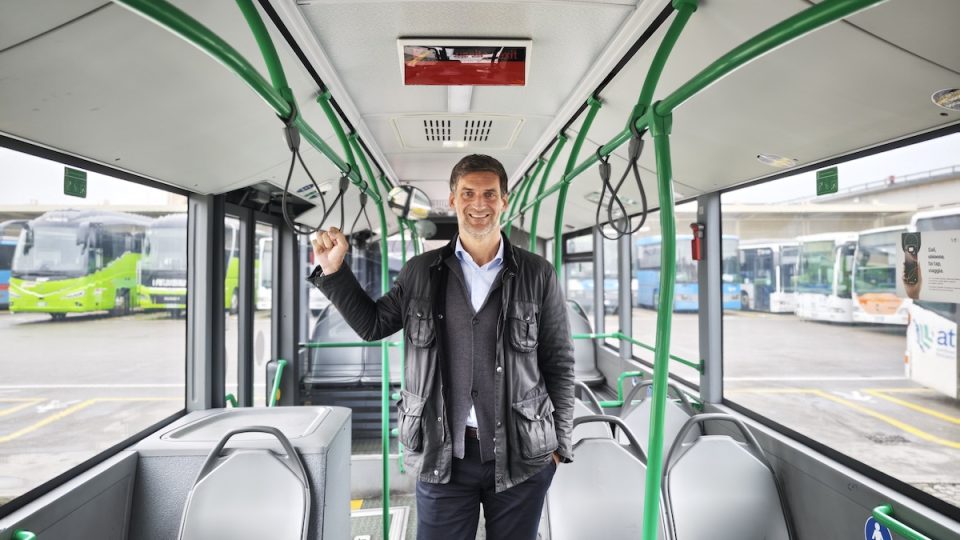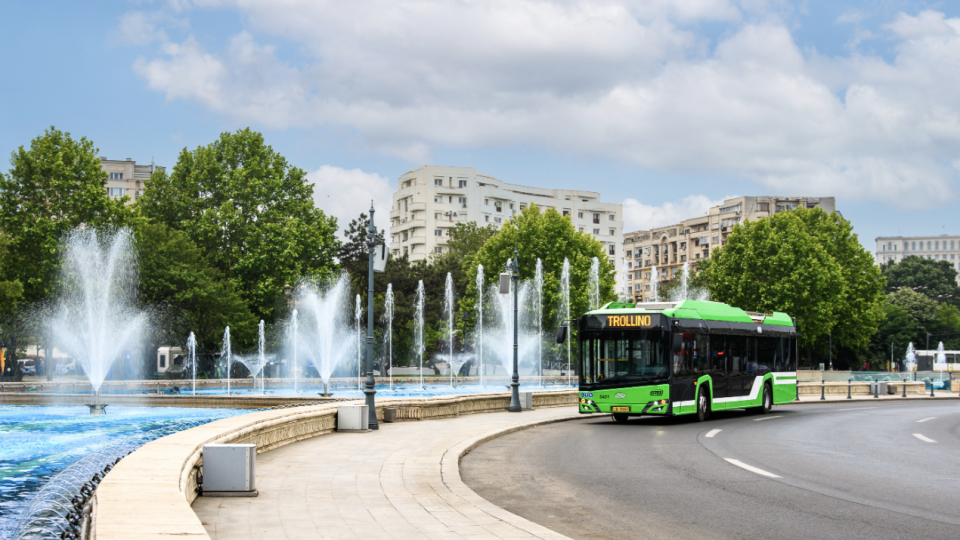Pelican, the (growing) partnership with Yutong and the strategies in the UK bus market. Our interview with Ian Downie
In the latest decade, Pelican has established itself as a key player in the UK’s zero-emission bus and coach market. Partnering with Yutong since 2014 as their exclusive UK dealer, the company has today a fleet of over 500 electric vehicles in service and another 450 on order. We met Ian Downie, Head of Yutong […]
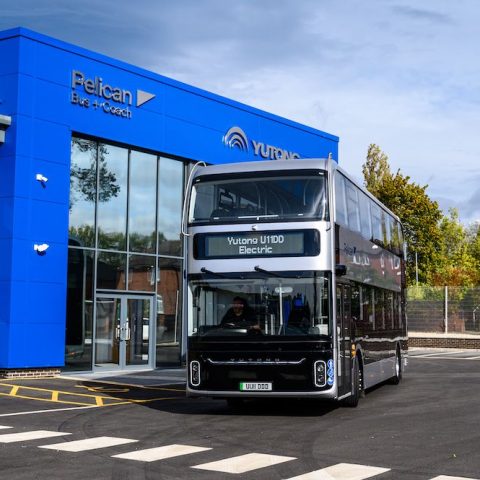
In the latest decade, Pelican has established itself as a key player in the UK’s zero-emission bus and coach market. Partnering with Yutong since 2014 as their exclusive UK dealer, the company has today a fleet of over 500 electric vehicles in service and another 450 on order.
We met Ian Downie, Head of Yutong UK at Pelican Bus and Coach, at Euro Bus Expo in Birmingham. In this interview he shares insights into Pelican’s growth trajectory, its response to evolving market dynamics, and the company’s approach to the UK market.
We will sell around 500 vehicles this year, split 50/50 between electric and diesel. What we have also done, as other manufacturers have exited the UK coach market, we brought an electric TC12 coach. We then expanded the product range with a 14-meter 3-axles GT14 and announced here at Euro Bus Expo that we are going to bring also a 14-meter diesel coach on the market. We started with one single vehicle, we now have a portfolio of 9 variants of electric and diesel buses and coaches.
Ian Downie, Head of Yutong UK at Pelican Bus and Coach
Pelican, the cooperation with Yutong is growing
Can you provide a background of Pelican and the cooperation with Yutong?
“Pelican is UK-based firm existing since 1919. We have been importing Yutong products since 2014, starting with diesel coaches. Over time we have been selling more and more vehicles and Yutong supported us with more products. We started only only with a 9-meter coach, but going ahead we included also 12-meter diesel coaches and zero emission bus and coach products.
We had the option to bring diesel buses on the market but we declined it: we want to concentrate to zero emission vehicles in the bus sector. Since 2016 we have had an electric E12 on offer and we have been developing it over time with demonstrators so our range of electric city buses, including also the 10.9-meter product, has a 40% share market share in the field of single-deck electric buses outside of London. We then developed the electric double-deck and also a smaller 9.4-meter E9L. Today we have 500 electric vehicles in service and over 450 in order book.
How many vehicles sell every year?
We will sell around 500 vehicles this year, split 50/50 between electric and diesel. What we have also done, as other manufacturers have exited the UK coach market, we brought an electric TC12 coach. We then expanded the product range with a 14-meter 3-axles GT14 and announced here at Euro Bus Expo that we are going to bring also a 14-meter diesel coach on the market. We started with one single vehicle, we now have a portfolio of 9 variants of electric and diesel buses and coaches.
The market would stop without a certain level of security in terms of fundings. The reason why I say this is that a lot of towns in England are talking about franchising. With the Buses Bill, there might be a pause to investments in new vehicles for some time as long as operators will need to understand what the new regulation will mean to them.
Ian Downie, Head of Yutong UK at Pelican Bus and Coach
What we are doing is understand how we can help in term of lowering the TCO. We are partnering with battery supplier CATL. We announced that in 2026 we will be able to deliver a battery with a 10-year warranty (1 million km in service) with option for 15-year warranty (1.5 million km). This is a game changer with regard to the total cost of ownership
Ian Downie, the market for e-coaches in UK
Do you see a market for e-coaches in UK, and at which conditions?
We already sold 50 electric coaches and have other 50 on orders. There are regions in the UK where electric coaches can be used for intercity connections, for instance in Scotland, where distances between cities are not so big. What we also see on coaches is that they make sense for vehicles going to London, where there are Zero Emission Zones.
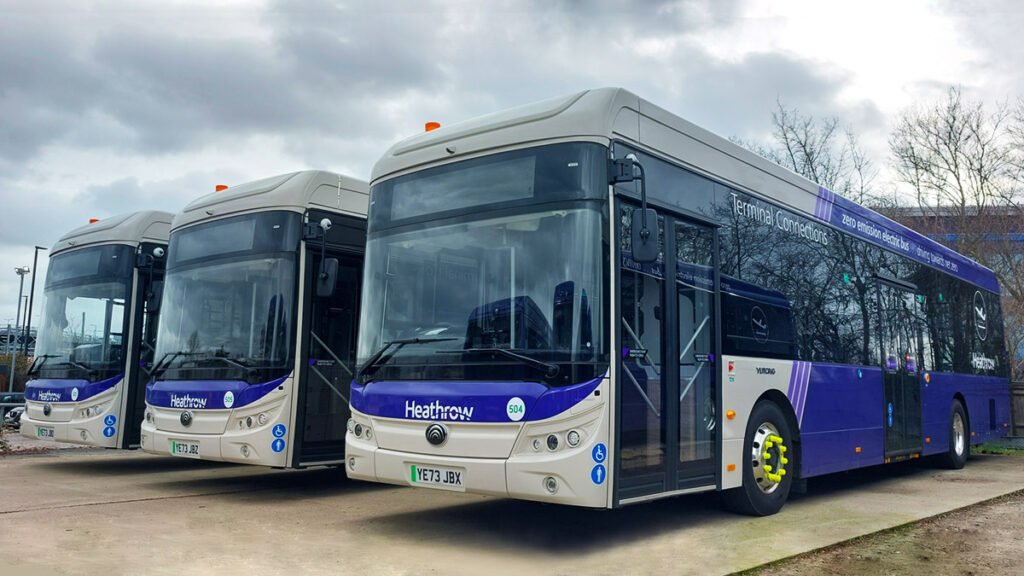
Are there fundings available for zero emission coaches?
Not in England, but in Scotland coaches are included in the ScotZEB programme. They have been awarded fundings, with Zenobe as leading partner, for 250 zero emission vehicles and we’ve got around 150 of those, including both buses and coaches. It’s the only scheme in the UK that is including coaches, due to the use of that type of vehicle between towns.
What are you observing in term of post Covid recovery?
We see more interest, but part of this is a consequence of government funding such as ScotZEB programme in Scotland and ZEBRA 2 in England.
TCO, franchising, subsidies, local content
Do you see the UK e-bus market capable of becoming independent from specific e-mobility subsidies? What about TCO?
The market would stop without a certain level of security in terms of fundings. The reason why I say this is that a lot of towns in England are talking about franchising. With the Buses Bill, there might be a pause to investments in new vehicles for some time as long as operators will need to understand what the new regulation will mean to them.
What we are doing is understand how we can help in term of lowering the TCO. We are partnering with battery supplier CATL. We announced that in 2026 we will be able to deliver a battery with a 10-year warranty (1 million km in service) with option for 15-year warranty (1.5 million km). This is a game changer with regard to the total cost of ownership.
Any plans to localize production in UK, to some extent?
There’s already a lot of third party installation in UK: passenger information system, CCTVs, sometime seats… there’s a lot of UK content, it stands between 30 to 40 percent. If you see the quality of vehicles built by Yutong in China, they can achieve it because they build 200 vehicles per day. You can’t get there when you manufacture 10 to 20 vehicles per week.
…and hydrogen
Hydrogen is a technology that see Yutong active in China. Will it come in Europe as well?
Yutong has around 600 fuel cell buses in operation in China. However, probably 50 percent of hydrogen buses operating in England are not operating on a daily basis because they can’t get hydrogen and there are safety issues with location of hydrogen refilling and the hydrogen is not green. With Yutong we believe there must be some developments in the availability of hydrogen in UK before we enter this market. And we are committed not to provide hydrogen buses in UK unless the hydrogen is green. The technology is not mature enough yet.
In case you would be looking at it, will it be for city segment of coaches?
Hydrogen is worse for coaches as you travel around and you need hydrogen supply in all the sites where you need it. Criticalities in the supply chain become dangerous. What we see is that our coaches fitted with 600 kWh battery can do 600 km at least on a single charge.
Sure, but the issue of time of filling up remains…
With technology developing, we will be able to charge between 300 and 600 kW.


